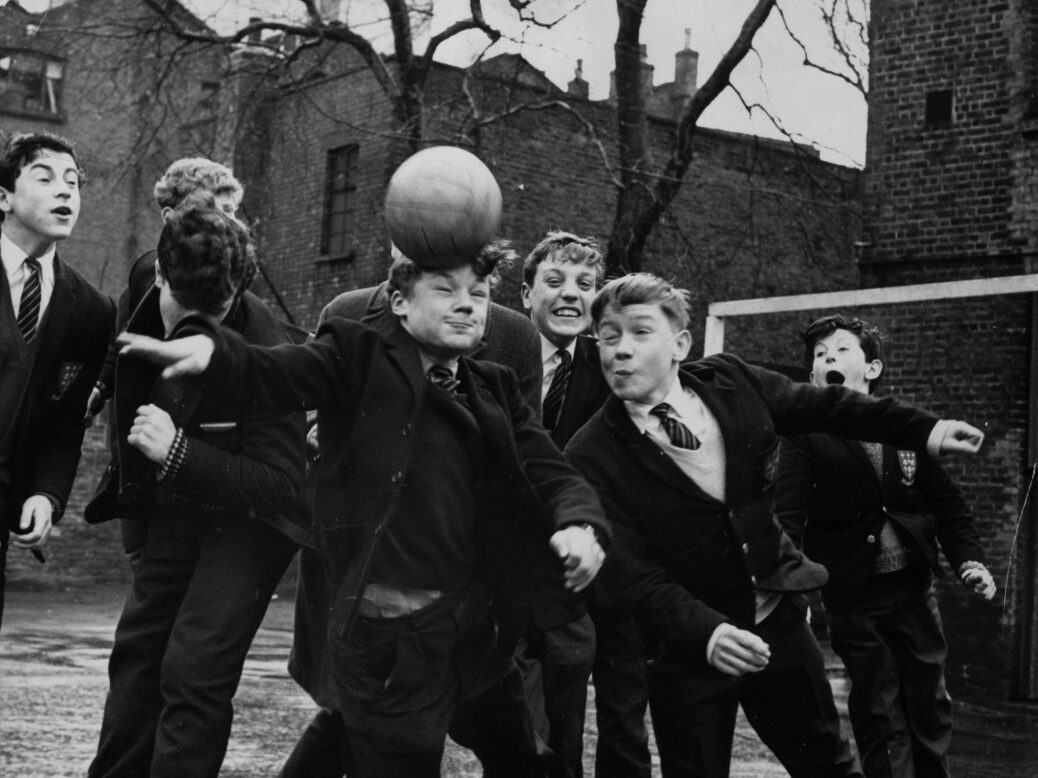
The romantics who want to bring back grammar schools think they know what they were like in their heyday. Taking only the cleverest junior school kids they could conveyor-belt them through GCE O- and A-levels, finally projecting them, at 18, done and dusted, into proper universities, to do proper subjects.
To me, though, nostalgia has once again transformed dysfunctional reality into revered myth.
I “passed for the grammar school” in 1948, the only one from my junior school that year, and on 6 September I was the solitary “fuzzer” (first year) boarding the school bus at my stop. A little further on, though, at the next mining village, a whole gaggle of excited fuzzers piled on. Their junior school was well known for getting a third of its children into grammar school.
The difference was down, quite simply, to coaching. Our head was ideologically opposed to it. At the other school, children were made to buckle down to endless practice tests.
In a letter to the Times Educational Supplement in September 1951, secondary modern school head J Kelly confirmed that coaching in primaries was widespread.
“The A stream,” he wrote, “known to children, parents and staff as the ‘scholarship class’, is prepared for the selective examination with intensive drill.”
Coaching was often identified as one reason why many children who passed failed to make the grade at grammar school. The numbers were worrying. The 1954 government-sponsored Gurney-Dixon report on “Early Leaving”, discovered that in 1953, in a sample of 120 grammar schools, 37.8 per cent of pupils left with two, one or no GCE O-levels. Half of these actually left at the then statutory leaving age of 15, a year ahead of the exams. Working class children, incidentally, were heavily over-represented among the low achievers and very thin on the ground in A-Level courses.
Of course, society was different then. There were jobs and apprenticeships for 15 and 16 year olds. That said, it’s difficult to avoid the conclusion that many children passed the eleven plus only to be let down by their schools, allowed to fail when they should have passed, to leave when they should have stayed. Looking back, I see that my grammar school teachers, good-hearted graduates with no teaching qualifications, were effectively exam-focused lecturers, ill-equipped to apply more inclusive, personalised methods.
Meanwhile, under the noses of the grammar schools, underlining the nonsense of selection at eleven, college-trained teachers in secondary modern schools were quietly and routinely demonstrating that significant numbers of their children were capable of O-level. The 1959 Crowther Report into education 15 to 18 mentions
… the discovery that a fair number of the pupils in modern schools are capable of reaching academic standards that have in the past been confined to grammar schools.”
I taught such groups in two sec mods. Dubbed “late developers”, they were, in fact, able youngsters who had fallen foul of the bluntness of the instrument wielded against them at eleven.
The inevitable solution to what Crowther called this “overlap” came with the arrival of non-selective comprehensive schools.
Of course it will be argued that today’s grammar schools are different from their predecessors. It seems clear to me, though, that the fundamental problems remain the same.
Inevitably each sought-after grammar school is part of a package that includes less desirable secondary moderns – proponents of selection have a puzzling blind spot about that.
Then, selection, potentially life-changing, will always be error-prone, and subject to manipulation by coaching.
Finally, although no system of education can be perfect, the particular fault of a selective system lies in its attempt to classify children according to their likely adult roles. It evades the real challenge, which is to achieve excellent teaching that starts with the needs and attributes of the individual child and goes on to open up the greatest range of choice.
Gerald Haigh, author of several books about teaching, and contributor of many articles on education to a range of publications, was a teacher in primary, secondary and special schools for 30 years, 11 of them in headship. You can find him on Twitter at @geraldhaigh1





